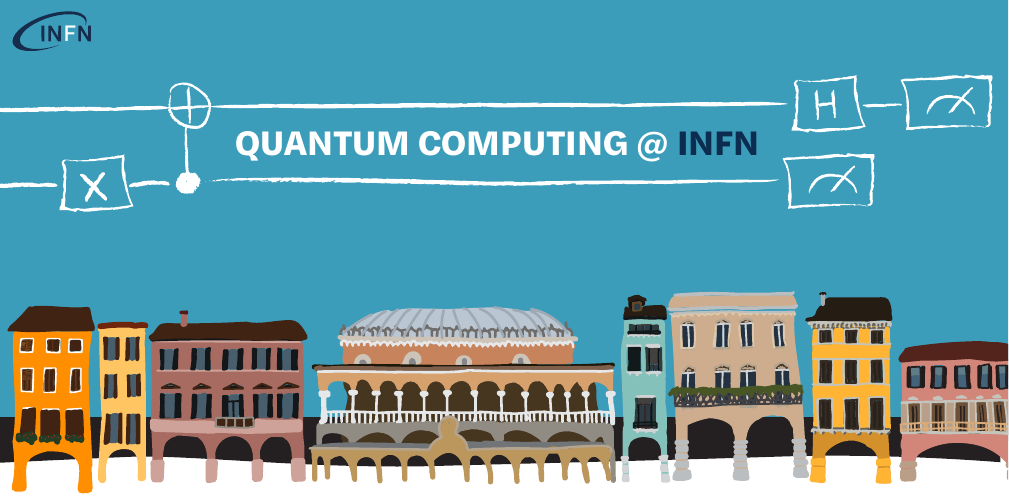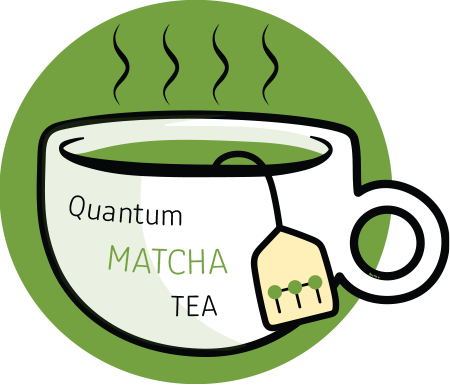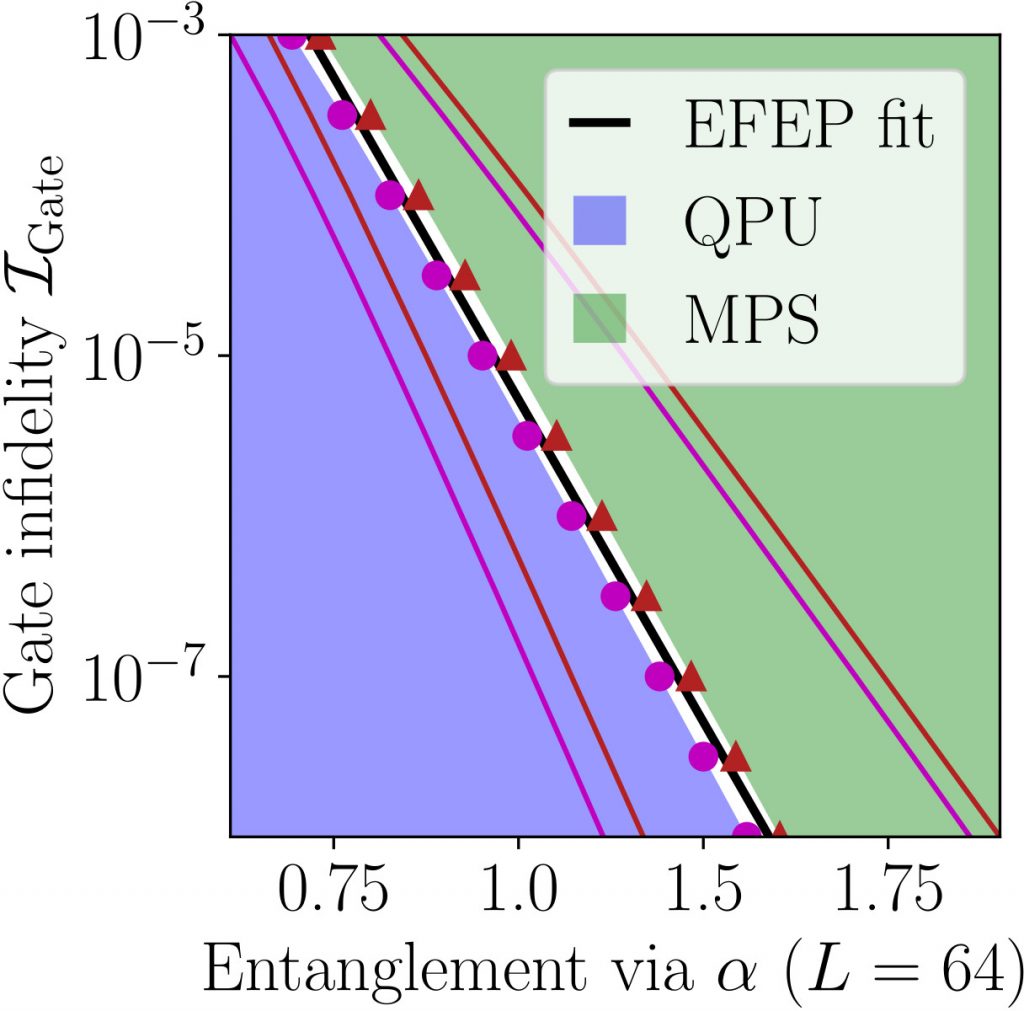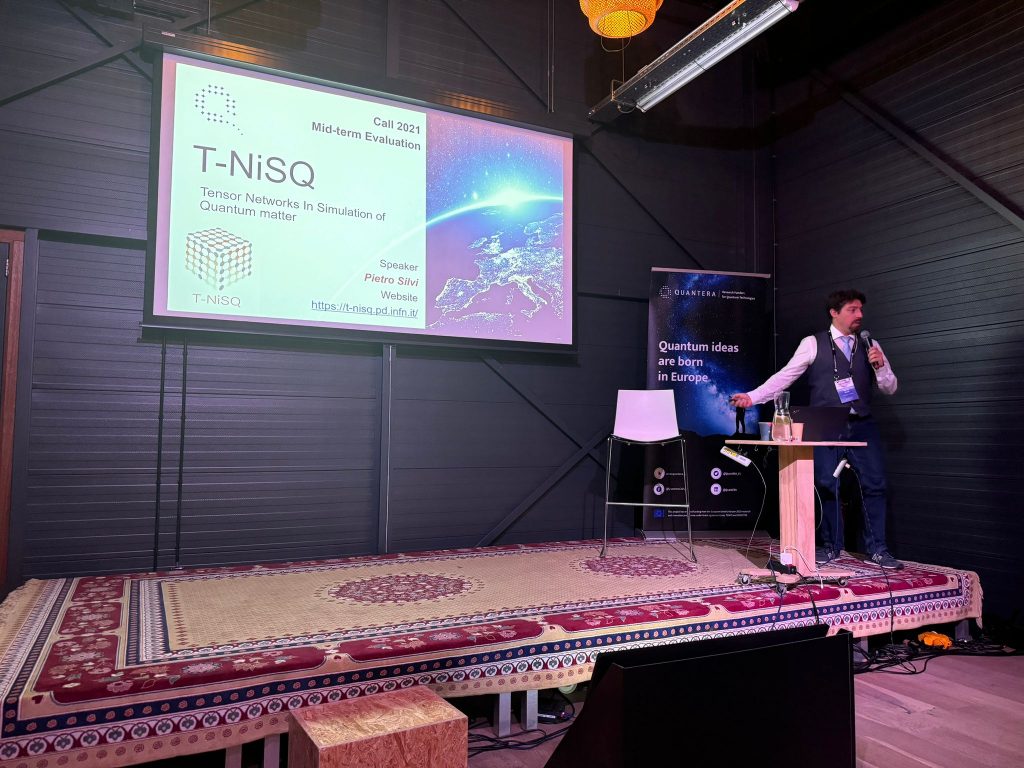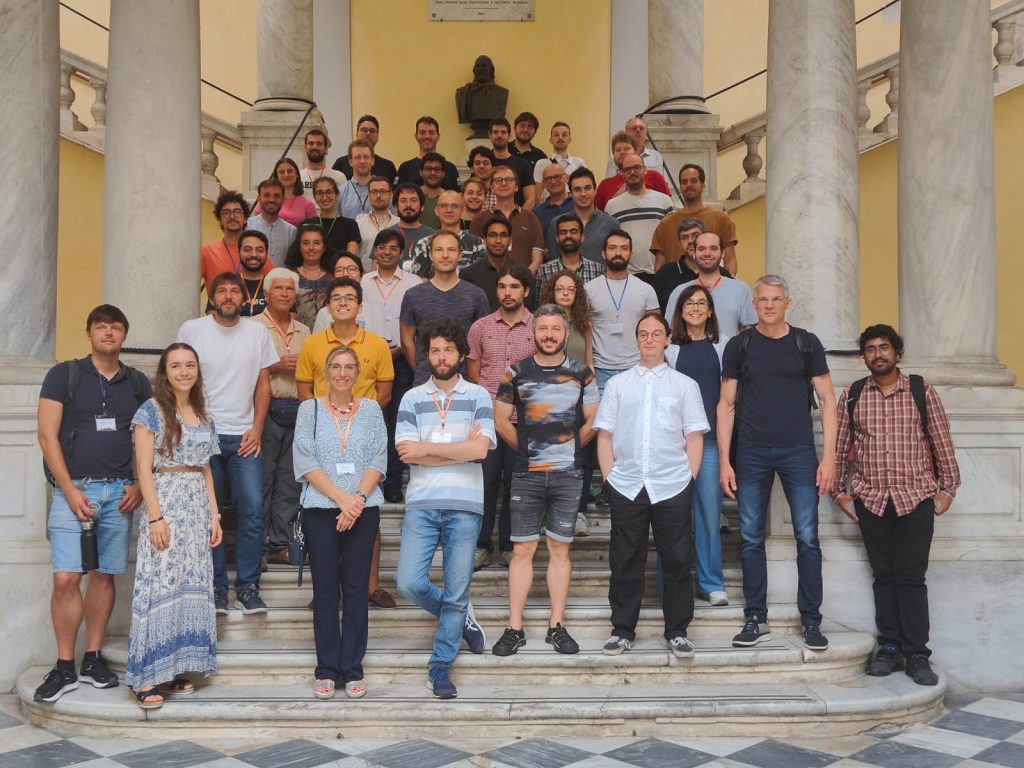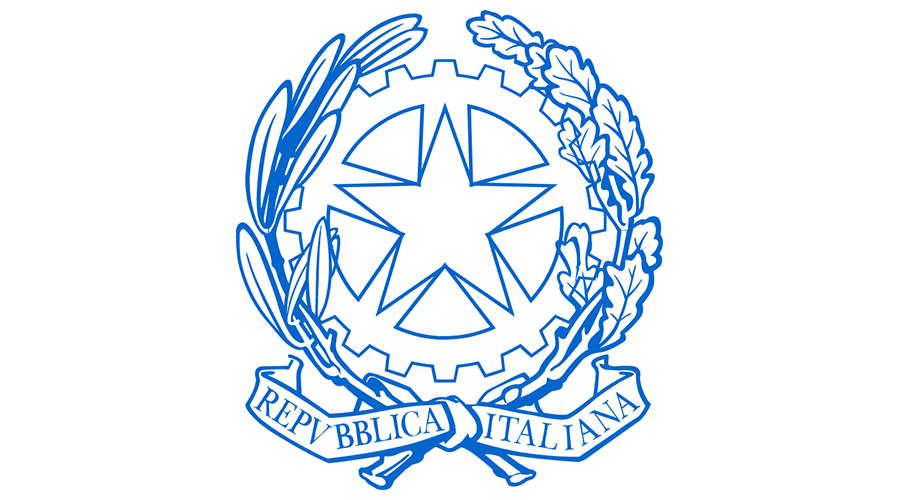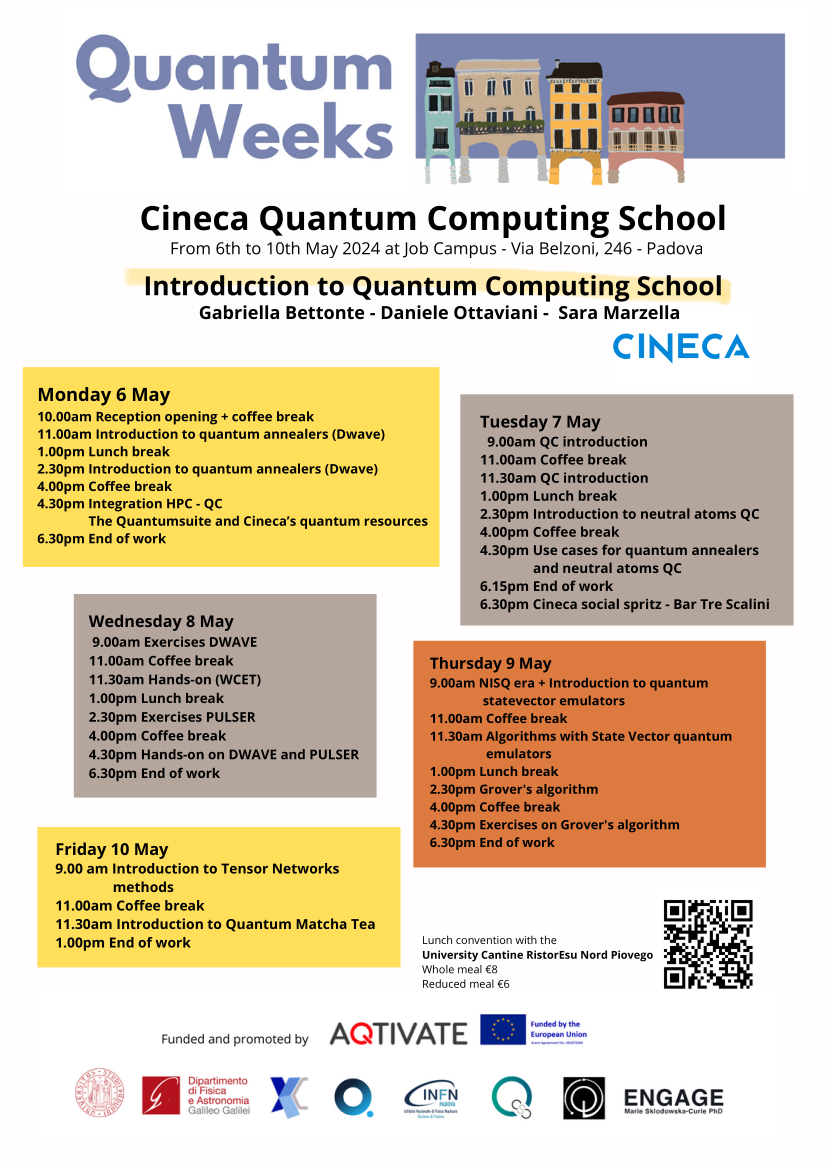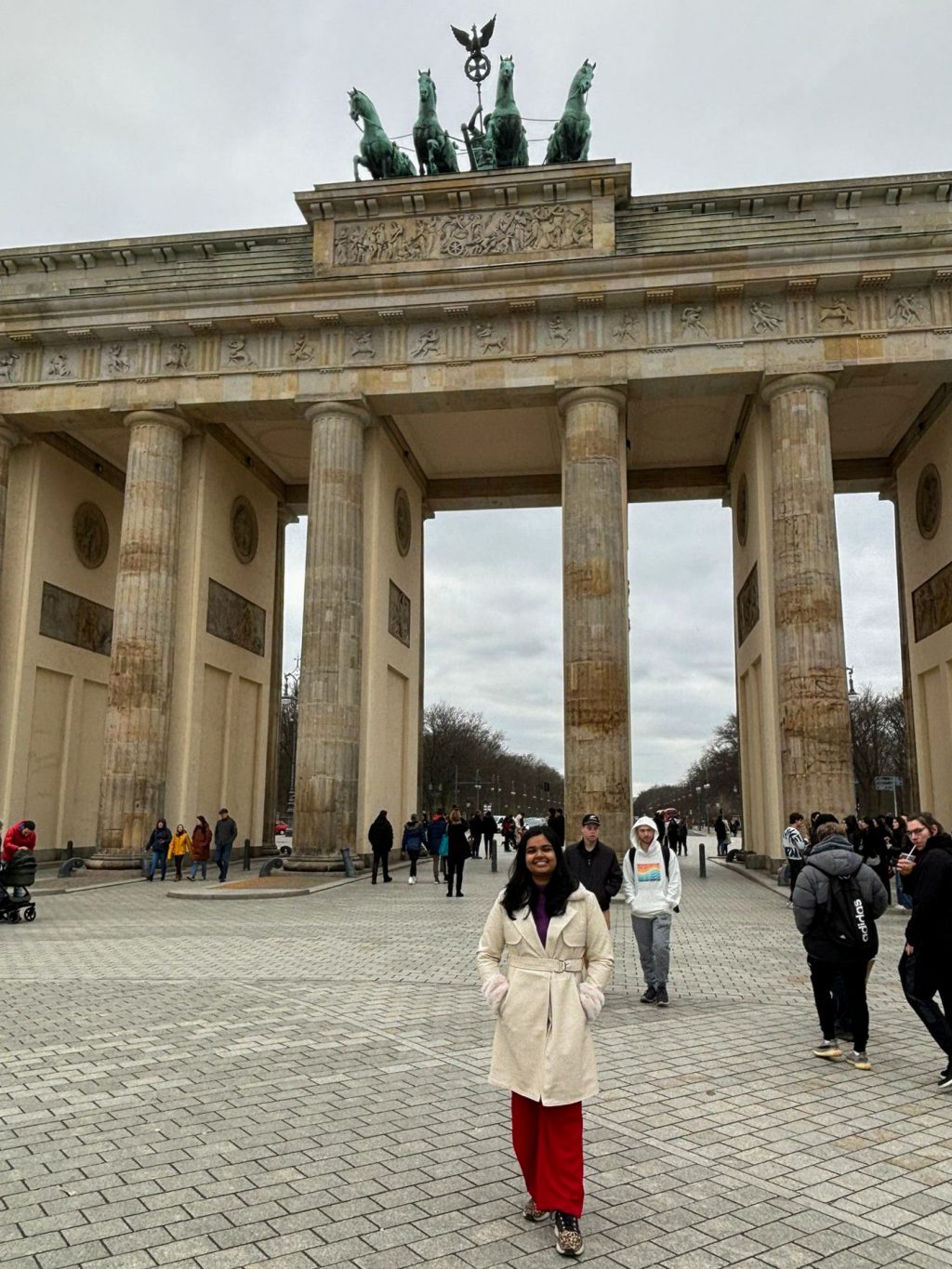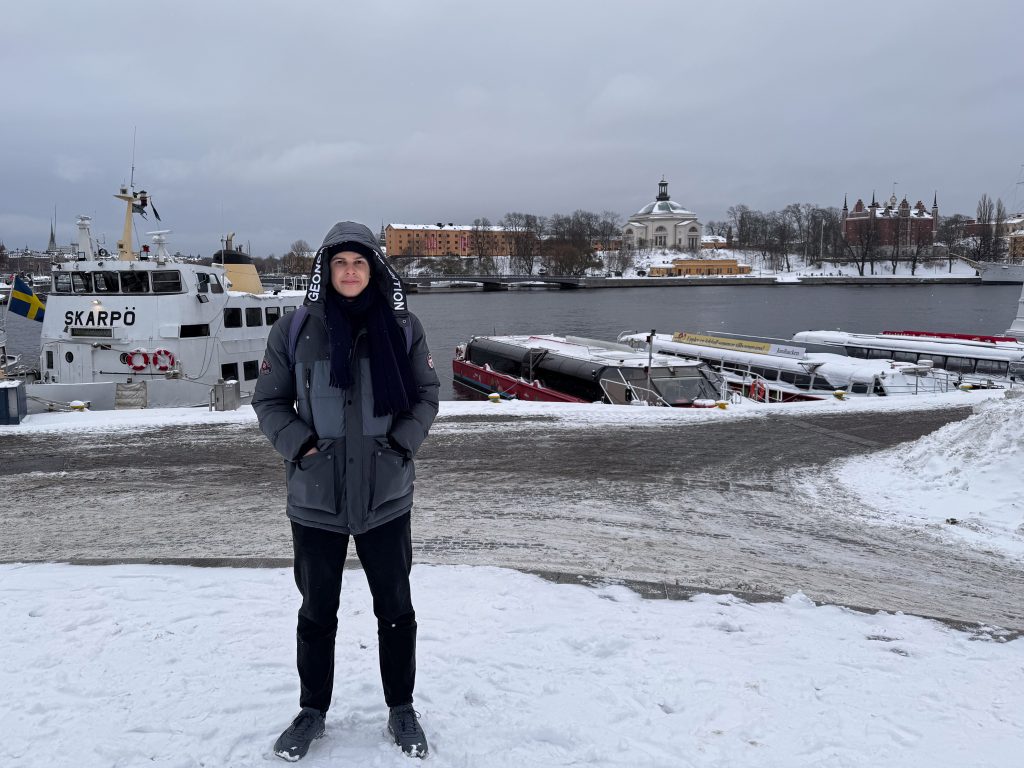Il Ministero delle Imprese e del Made in Italy – Direzione generale per le nuove tecnologie abilitanti, in un’ottica partecipativa e di coinvolgimento degli stakeholders, intende consultare operatori di mercato attivi nelle applicazioni industriali e produttive delle tecnologie quantistiche. L’ambito di analisi della consultazione riguarda, in particolare, le principali tecnologie quantistiche in un contesto di progettazione, sviluppo, assemblaggio ed uso, prendendo in esame anche l’aspetto componentistico per quanto riguarda i principali pilastri di applicazione: comunicazione quantistica; sensoristica e metrologia quantistica; computazione quantistica; simulazione quantistica. I contributi e le comunicazioni in risposta all’avviso di consultazione possono essere inviati entro il termine dell’11 luglio 2024 all’indirizzo e-mail: DGTEC@mise.gov.it Documenti Consultazione pubblica in materia di tecnologie quantistiche (docx) Informazioni sul trattamento dei dati personali (docx) Ufficio competente Direzione generale per le nuove tecnologie abilitanti Ulteriori informazioni Per ulteriori informazioni consultate il sito ufficiale del Ministero delle Imprese e del Made in Italy.

